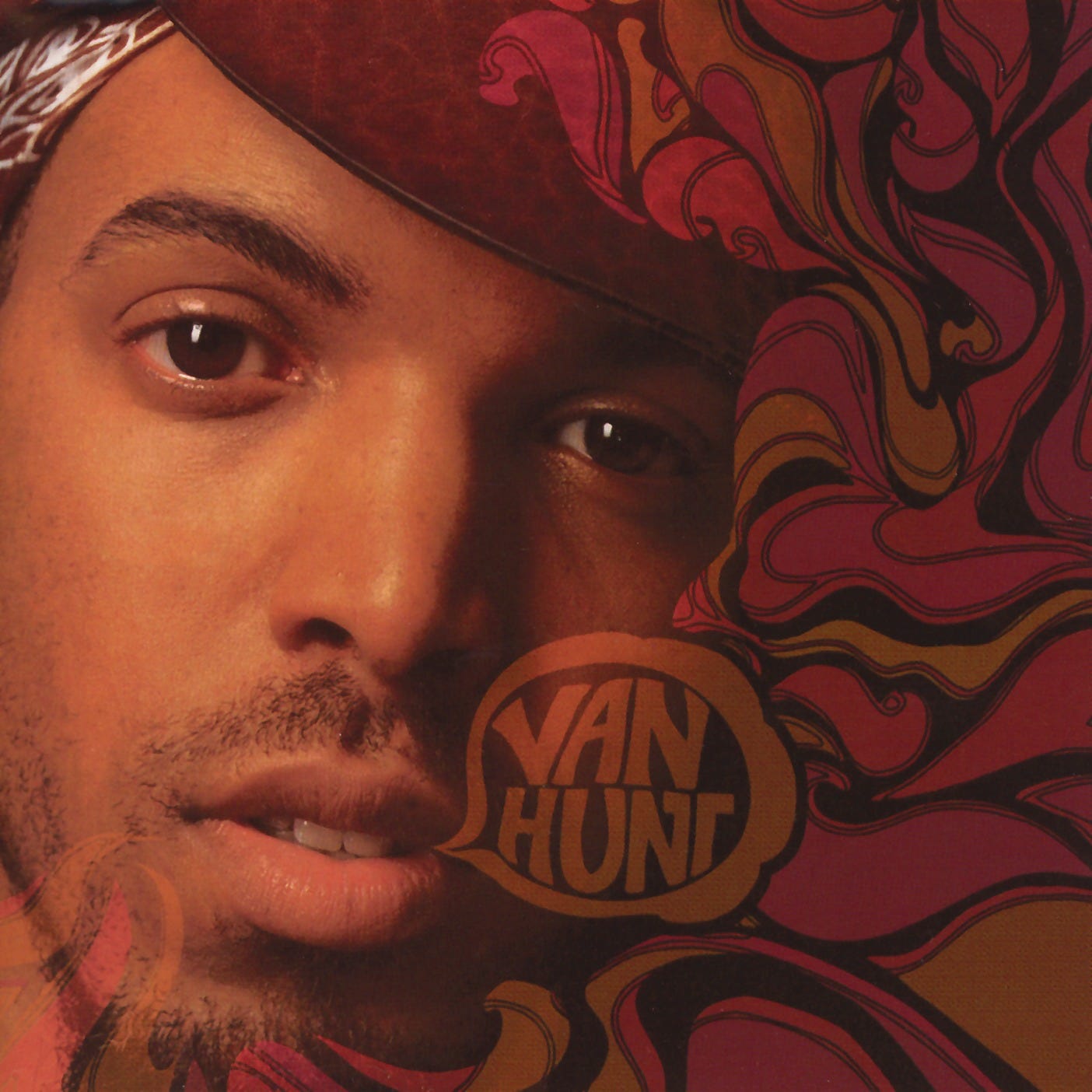Reviving Van Hunt's 2004 Self-Titled Album
Relive Van Hunt's 2004 album, where neo-soul meets rock harmoniously.
While Van Hunt’s self-titled debut holds a cherished place in many hearts, the artist himself disavows his early work. This dissonance speaks to his restless musical spirit and the stylistic leaps his career would encompass. His debut album, though undeniably skillful, showcases a polished neo-soul aesthetic that foreshadows his later rejection of genre constraints.
Subsequent albums reveal Hunt’s stylistic metamorphosis. On the Jungle Floor (2006) amplifies guitars, while Popular (2008/17) veers toward a rockier edge. What Were You Hoping For? (2011) is a full-fledged garage rock departure, starkly contrasting the neo-soul sensibilities of his debut. The Fun Rises, The Fun Sets (2015) marks a return to his funk and soul roots, yet this eclecticism confirms Hunt as a musical chameleon, one who defies categorization.
Despite the artist’s later disavowal, his debut album represents his early talent. It offers a nuanced exploration of tender and volatile themes within the confines of neo-soul. Hunt’s songwriting is evident, with lines ranging from bittersweet breakups to moments of intense introspection.
This tension—between Hunt’s artistic evolution and his inaugural album’s undeniable charm—creates a fascinating dynamic for fans and critics alike. While the debut may not reflect Hunt’s mature, eclectic sound, it is a valuable snapshot of his early potential and the burgeoning dissatisfaction with genre boundaries that would propel his creative journey.
The album’s opener, “Dust,” epitomizes this duality. The driving guitar and surging chorus create a sense of uplift, sharply contrasted by lyrics that reveal a pessimistic outlook. This pattern reverberates through blues-infused numbers like “Seconds Of Pleasure” and the plaintive “Who Will Love Me In Winter?” where a search for solace emerges—even within songs of romantic yearnings, such as “Precious,” a fractured psyche surfaces, hinting at a profound sense of unease.
Dayton-rooted funk influences punctuate the album. Tracks like “Hello, Goodbye” and “Anything (To Get Your Attention)” recall the work of Sly Stone, while “Highlights” features a propulsive bassline. However, “Hold My Hand” and “Out Of the Sky” represent the album’s core. The former, featuring Wendy Melvoin, pulses with restrained desire, while the latter explores themes of disillusionment, possibly alluding to the music industry’s darker side.
Hunt’s disavowal highlights his continuous artistic evolution. While the album’s neo-soul aesthetic may have felt limiting, the songwriting demonstrates his innate talent. He reinterprets these tracks in live performances with a rawness that would characterize his later works.
Van Hunt’s self-titled is a compelling debut, a nuanced inquiry of heartbreak and fragility set against a backdrop of lushness. Whether he embraced it retrospectively or not, the album remains a potent origin point for a career defined by introspection, obsession, and a restless pursuit of artistic expression.


